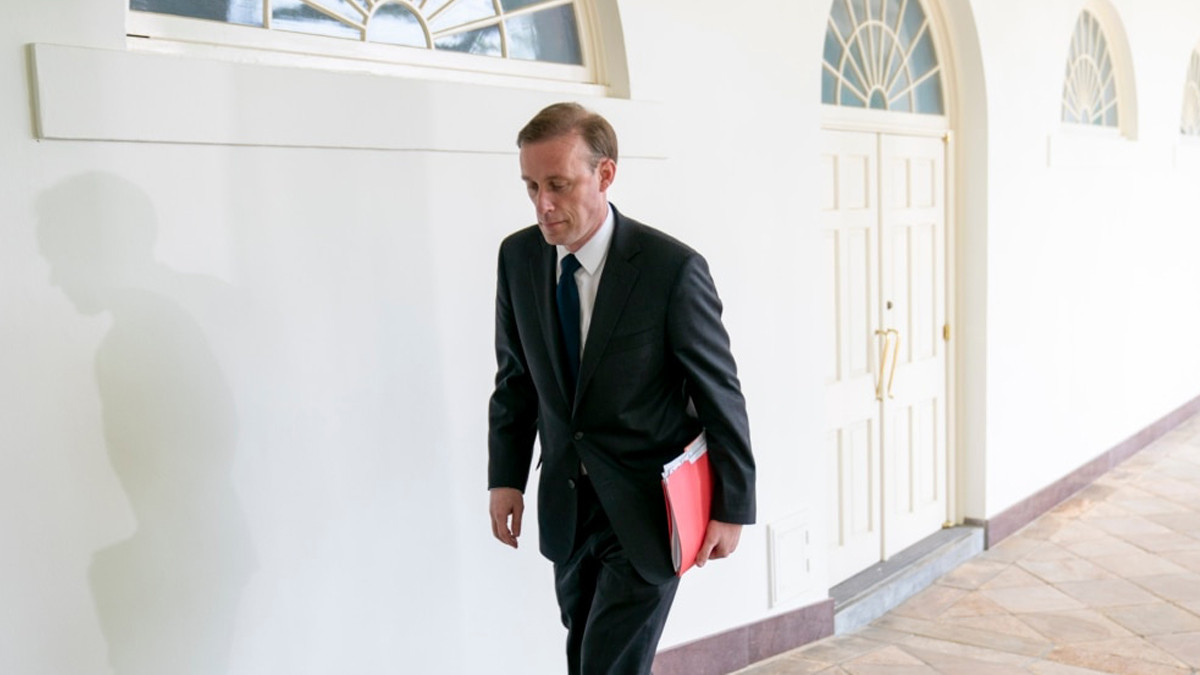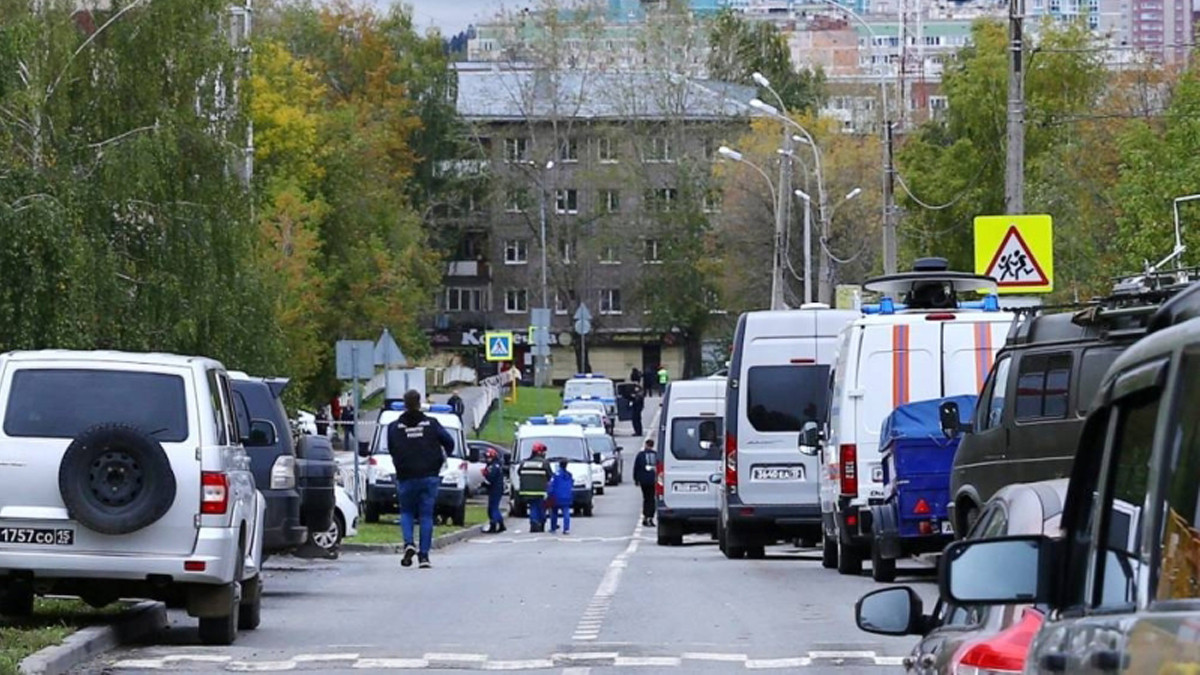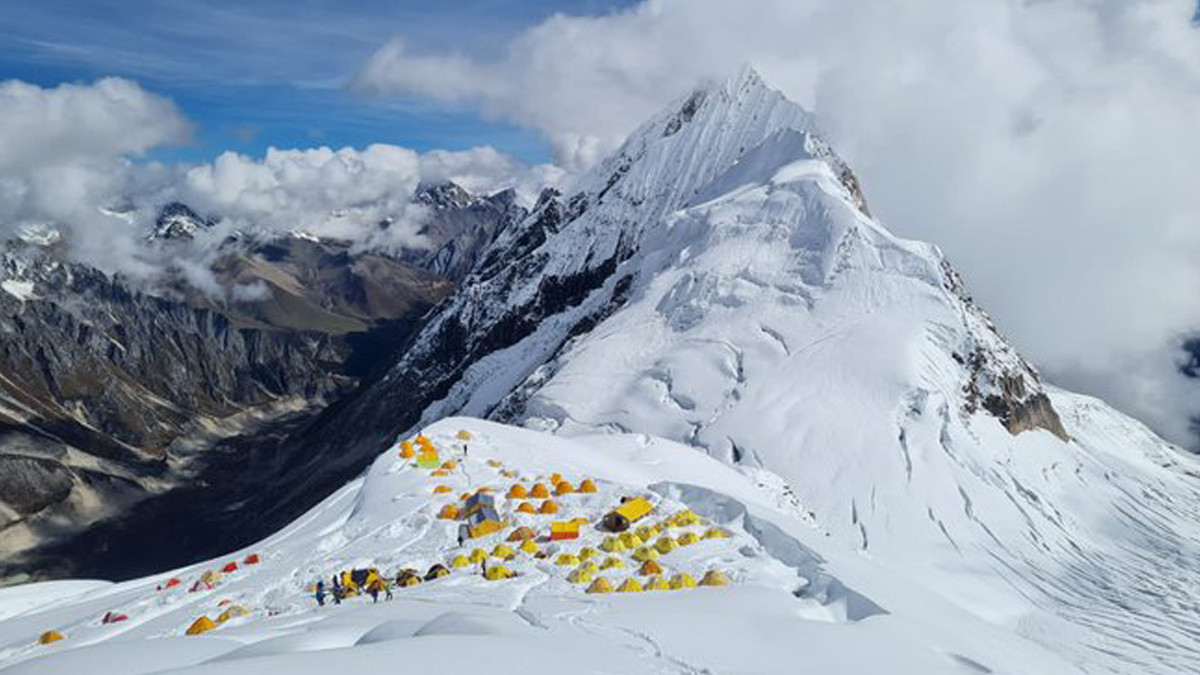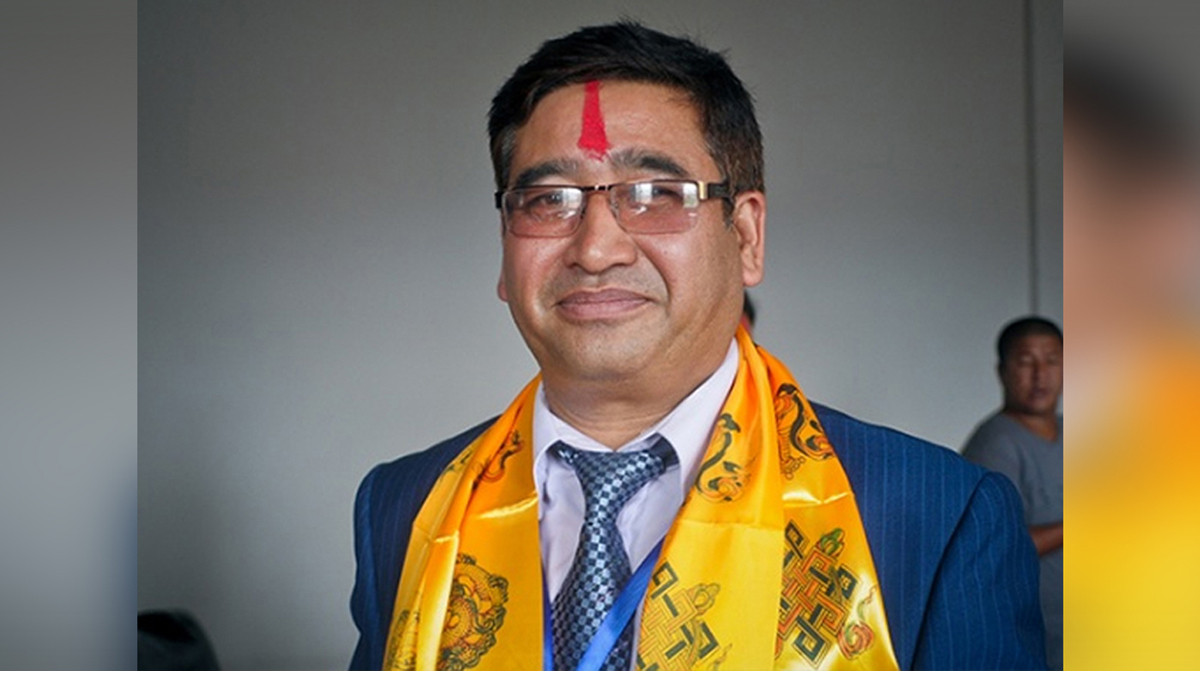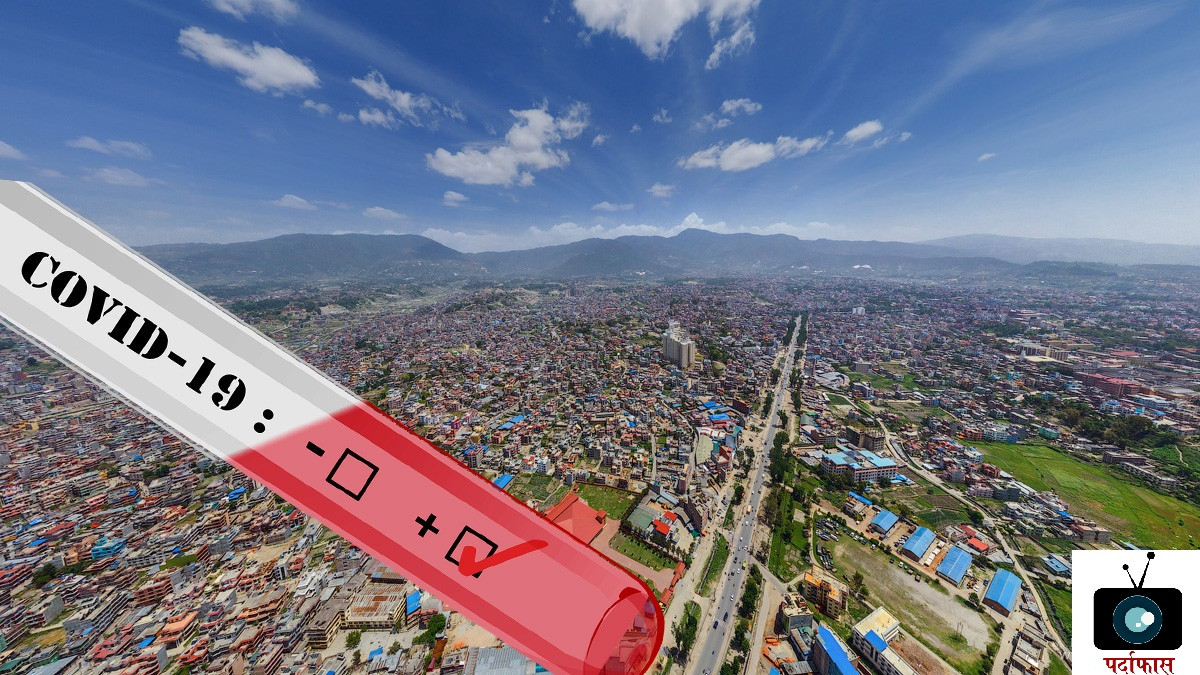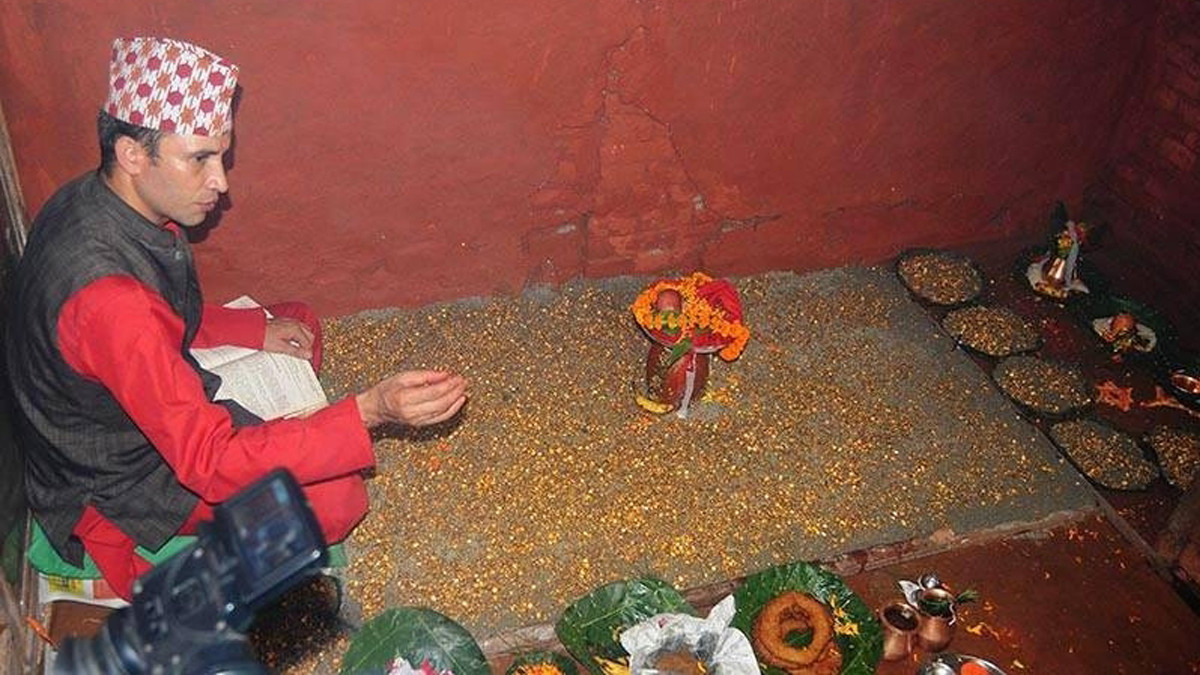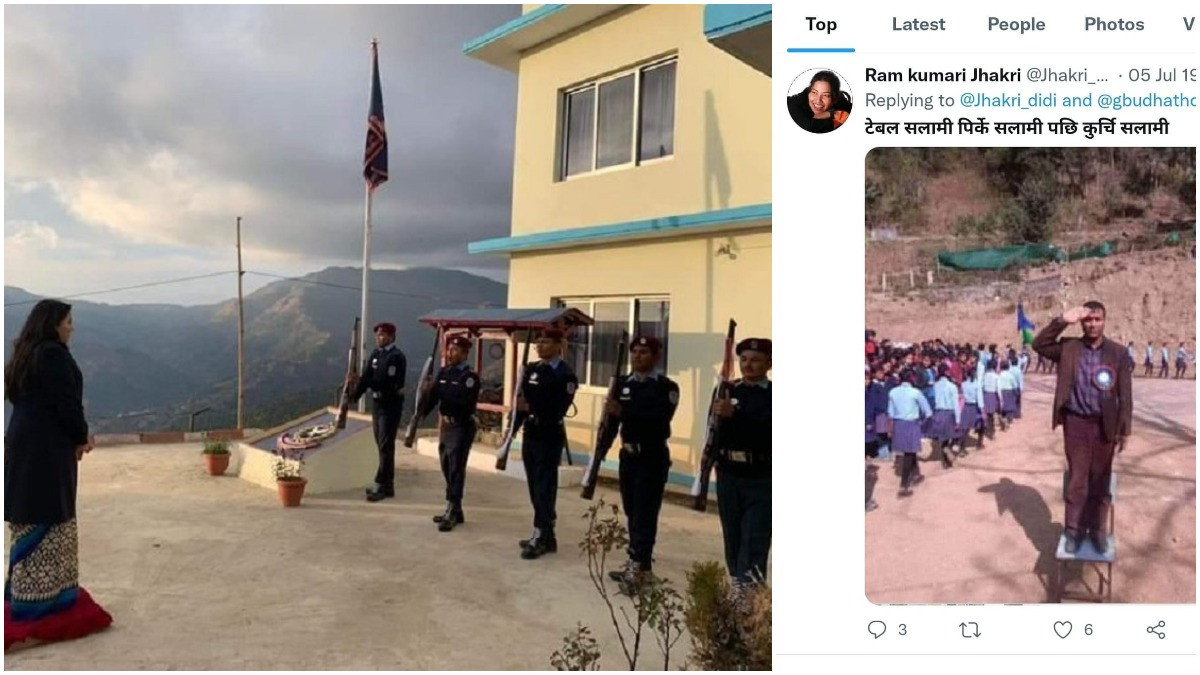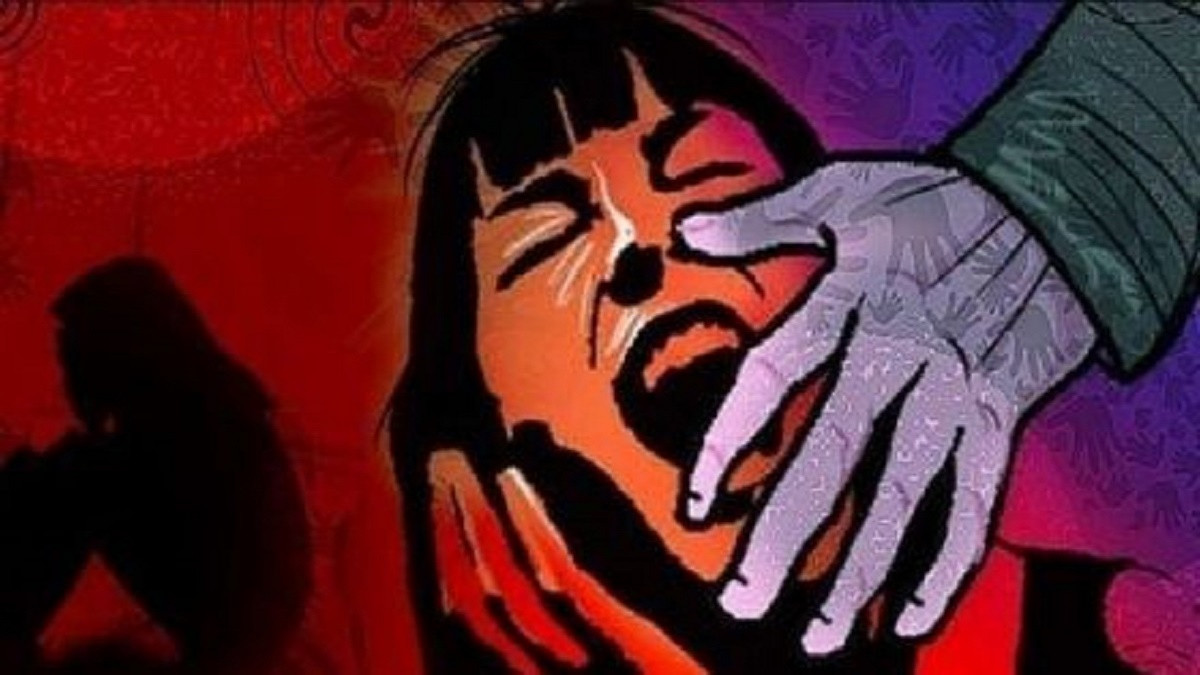
On mid-October last year the Ministry of Federal Affairs and General Administration had issued a circular to all the 753 local levels, urged local levels to remain watchful to ensure that no rape case is settled through reconciliation between the perpetrators and victims, whether voluntary or under coercion and undue influence.
The request came in response to a letter from the Office of Attorney General which took the initiation after the rising cases of rape reconciliation between the victim and perpetrator.
Nepali Criminal Code Act has obliged the Government to be the plaintiff in a rape case and it can be settled only through judicial proceeding. The OAG’s attentions were drawn after settlements of rape cases in different parts of the country with or without agreement between the perpetrators and victims in the presence of local representatives were reported.
The OAG reminded the authorities that the law prohibits reconciliation in criminal offenses. Moreover, the Nepal Police are required to investigate the rape case if they come to know about it and the victim did not filed the case. They also have authority to investigate separate investigation even when the victim agreed to keep silence of being raped with consensual agreement with the perpetrator.
Despite the robust rules the implementation in this matter is very poor in the country. Take for an instance of recent case of rape settlement in the Banke district with the initiation of local leaders. Police recently arrested former ward secretary Yagya Raj Acharya (53), ward member Laxmi Neupane (54), local teacher Hom Prasad Subedi (53), Raju Bhattrai (34) and the rape accused Prakash Subedi (30) from Janakpur of Ghodaghodi Municipality-4 in the district in the Kailali district.
Prakash had reportedly dragged a 77-year-old woman from the local Chaudhary community into an isolated field and raped her on December 1. After the assault, the locals and accused family had stopped the son from filing the case at the court. In exchange they had offered Rs 300,000 to the victim's family in exchange for their silence. But, the issue surfaced after a month when the perpetrator refused to pay more than Rs 100,000.
The victims who come from under privileged family backgrounds could not have taken the case to the police had they received promised money. This case came into light after the victim’s family received a large money move to the police after they didn’t receive complete money as promised.
Nepal’s criminal rule does not allow rape case to be solved through consensus between the victim and perpetrator sides. Moreover police have been given authority to arrest the rape accused even when the agreement of silence has been made between the two parties.
However, despite more being given to the police, many times police themselves are accused of coercing the settlement of the crime between the victim and the culprit. Take for an example of infamous January 25, 2018 Durbar Marg Rape case where a four adults of rich and influential parents had raped a minor girl. The girl, however, when reached the nearby police station to file the case, a police inspector, Laxman Singh Thakuri, under the influence of powerful men had forced the victim to make an agreement to keep her silence in exchange of money. Despite her attempt no complaint was filed against the perpetrators for months, until the news started surfacing in social media.
After massive pressure from media, police were forced to suspend the erring cop months after the rape but the rape accused were already at large. It took another month to take the accused into police custody and investigate the issue. This is a classic example of how justice eludes victims even in the city area while the situation could be worse in remote areas.
Advocate Meera Dhungana who specialized in women issues said that most of such reconciled cases are made under the influence of local leaders, local teachers, religious leaders or anyone respected in the locality. “But, this is a very bad practice as it will only encourage the people to indulge into such crimes with confidence of not being punished,” Dhungana said. She further said that such issues should be made public by the initiation of the general public. She suggests that the government take massive campaigns to make people aware of complaining about such crimes rather than hiding it.
Anyone who is proved to have indulged in reconciliation of rape will face upto three years of jail and additional six months will be added for people in government jobs or public figures.

